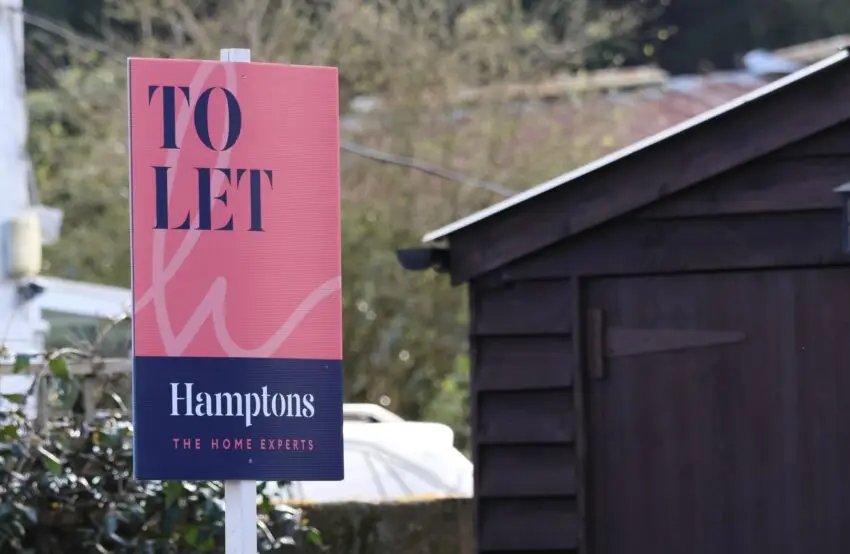Landlords will be prohibited from renting out properties that do not meet minimum energy efficiency standards by 2030. This announcement, set to be made by Ed Miliband, Labour’s energy secretary, during the Labour Party conference, marks a significant shift in housing policy.
Under the proposed legislation, all rented homes must achieve at least a grade C on their Energy Performance Certificate (EPC). This directive is expected to affect millions of privately rented properties and mandate substantial upgrades, such as insulation, solar panels, or heat pumps, at potential costs of up to £10,000 per property. The measure, initially planned by the Conservatives for 2028 and later abandoned, now has a new deadline of 2030 under Labour’s policy, amounting to an estimated £25 billion in total costs.
Labour’s policy aims to address a longstanding issue where the poorest in the country often live in cold, draughty homes. Miliband criticises the previous government’s stance on the matter, stating, “It is a Tory outrage. This government will not tolerate this injustice, and we will end it.” The regulations will also encompass council housing, requiring local authorities to upgrade their housing stock, possibly leading to significant public expenditure.
In addition to addressing energy efficiency, Labour has pledged to end no-fault evictions and introduce various pro-tenant reforms. While housing campaigners have welcomed these measures, landlords have raised concerns about the feasibility of remaining in the rental market under these conditions. A consultation is expected later this year, which will likely include a cap of around £10,000 on the amount landlords must spend on property upgrades, consistent with previous proposals.
Landlords will have access to assistance through Labour’s £6 billion home insulation package, although the details of this support are yet to be specified. Currently, approximately 2.9 million privately rented homes have energy efficiency ratings below grade C. Despite recent improvements, around half of the energy assessments on rented properties last year did not meet the proposed standard.
Michael Gove, the previous housing secretary, had expressed reservations about accelerating energy efficiency requirements, citing the substantial financial strain on landlords. He remarked, “We’re asking too much too quickly.” Nevertheless, Miliband emphasises the measures’ importance for improving living conditions, asserting, “Warmer homes, lower bills, over one million people lifted out of fuel poverty. That’s the difference a Labour government makes.”
Labour’s stringent new policy on energy efficiency in rental properties is set to transform the housing market. While it aims to enhance living conditions and reduce fuel poverty, the financial burden on landlords and local authorities remains a contentious issue. The forthcoming consultation will be critical in balancing these objectives.

